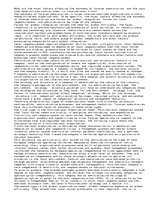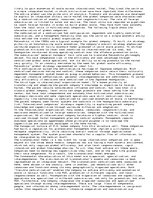-
Globalization
What are the major factors affecting the autonomy of foreign subsidiaries, and the ways that head offices control them, in international firms?
The autonomy of foreign subsidiaries in large internationalised organizations differs among different organizations. To be specific, the major factors affecting the autonomy of foreign subsidiaries are forces for global integration, forces for local responsiveness, and administrative heritage of the company.
Forces for global integration reflect the need for global efficiency. The major incentive is to achieve manufacturing economies of scale worldwide. In industry where asset and technology are intensive, where there are common needs across the international markets and predominance of multinational customers demanding standard input, it's important to gain global efficiency. Low trade barriers and low product weight/value ratio, and stable group of global competitors are other factors encouraging companies to gain global integration.
Local responsiveness requires companies' ability to deal with particular local demands. Companies are encouraged to emphasize on local responsiveness when the local market demands are diverse, products have to be tailored to local tastes so there are few scale economies in R&D, manufacturing and purchasing. Local market availability of company's product substitutes and diverse distribution channels are other factors that encourage local market responsiveness.
…



